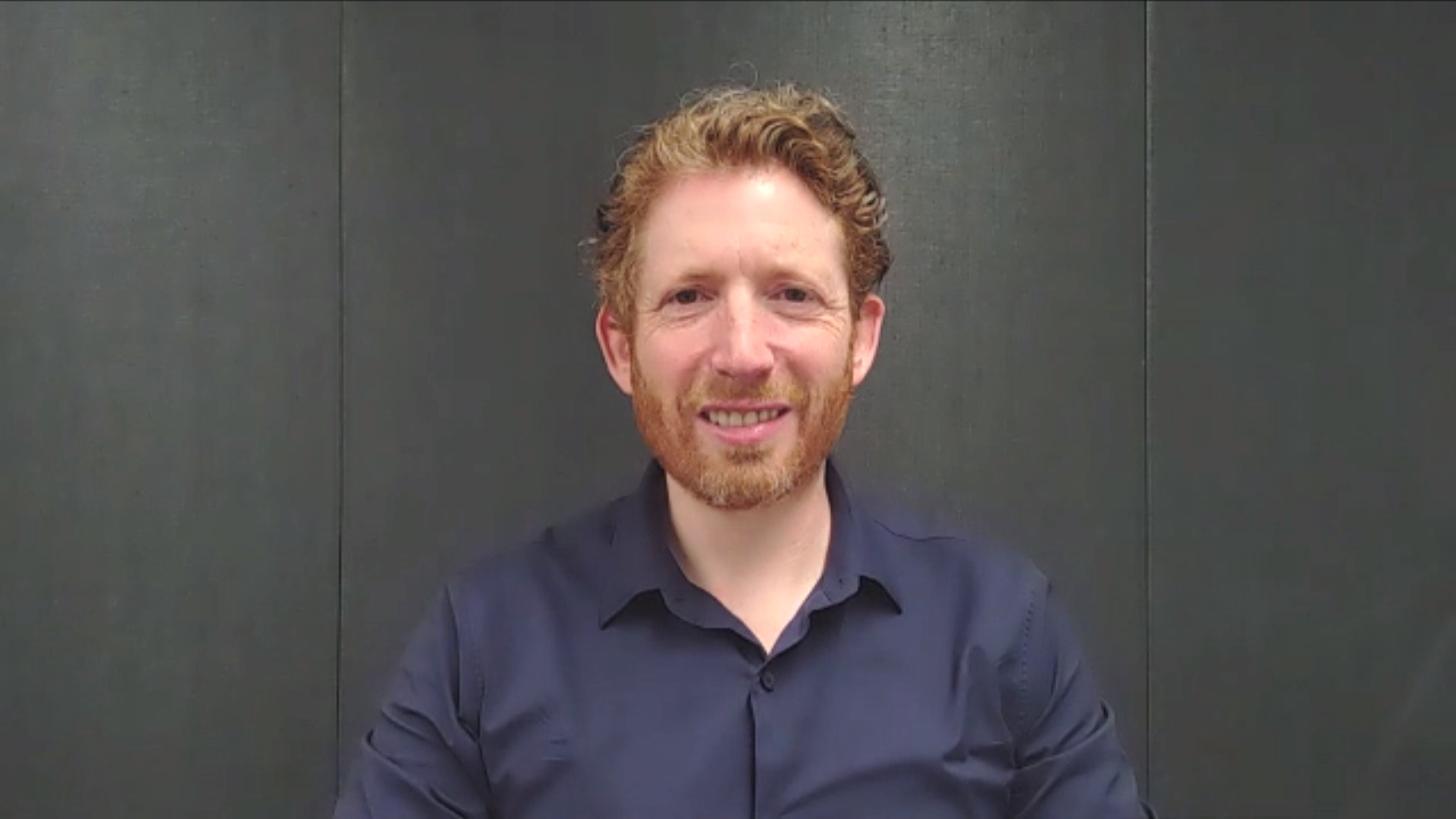 APPS
APPS
 APPS
APPS
 APPS
APPS
The end is nigh for the era of easy tracking. It’s been over a year since Google announced it was depreciating third-party cookies from its Chrome browser, yet 80% of internet advertisers in the U.S. still rely on third-party cookies.
With the clock ticking down toward Chrome’s 2022 depreciation date, finding an alternative to the “magic cookie” was voted the top challenge of 2021 by a poll of digital media professionals.
“There’s an enormous amount of innovation taking place right now to find alternative solutions,” said Konrad Feldman (pictured), founder and chief executive officer of Quantcast Corp. “When Google announced that Chrome was going to deprecate the third-party cookie, it focused the minds of the industry in terms of finding alternative ways to tailor content and ultimately to just simply measure the effectiveness of advertising.”
Feldman spoke with John Furrier, host of theCUBE, SiliconANGLE Media’s livestreaming studio, during The Cookie Conundrum: A Recipe for Success event. They discussed how Quantcast is setting out to solve the problem of third-party cookie depreciation and at the same time break the ad revenue stranglehold of walled garden companies. (* Disclosure below.)
First-party cookies are associated with the specific site a user is visiting, but third-party cookies accessed by clicking an ad can track a user’s browsing activity across different sites and provide a wealth of information to advertisers looking to niche-market their product. Tracking ad performance has been around since direct response television ads enticed consumers to “Call now!” But the technology of internet marketing was able to take it to another level, identifying not only when and where and for how much a customer purchased an item, but how many times a customer visited a product site or saw an ad before buying, other sites they visited, and other products they purchased.
“There’s all of these different systems that might be used for advertising, for measurement, for attribution, for creating personalization, and historically they’ve relied upon the third-party cookie as the mechanism for synchronization,” Feldman said.
Replacing them with a single solution isn’t going to happen, according to Feldman.
“There’ll be a combination of solutions,” he said, listing deterministic identifiers, statistical or probabilistic models, first-party data, and an increase in contextual targeting as possible areas for innovation. “It’s going to be a whole set of different innovations that we’ll need to inter-operate, and it’s going to be an evolutionary process as people get used to using these different systems to satisfy the different stages of the media fulfillment cycle from research and planning, to activation, to measurement.”
Quantcast’s solution is to make tracking intelligent.
“We use contextual combining natural language processing with machine learning models to really understand the detailed context of different pages across the internet,” Feldman said. But his vision is not to gain insight into customer’s preferences for the marketer’s benefit, but “to create relevance and utility for consumers,” he said.
The two are mutely compatible, according to Feldman, who explains that advertising is essential for a healthy online ecosystem.
“One of the things that’s often forgotten is that when we make advertising more relevant and useful for consumers, it automatically fulfills the objectives that publishers and marketers have,” he said. “Everyone wins when advertising is more relevant.”
But the global community of 5 billion internet users is an attractive prize for “walled garden” companies, such as Facebook, Google, Amazon and many others, that want to limit user access to only their services or content. This is a problem, according to Feldman, who is a strong advocate for the open internet.
“Those companies are capturing a disproportionate spend of the ad budgets that fund digital content. So the problem is if more of the money goes to them, less of it’s going to independent content creators [and] it’s actually getting harder for independent voices to emerge and be heard,” he explained.
The depreciation of third-party cookies could feed the growth of closed ecosystems and constrain advertising revenue to smaller companies, thereby decreasing funding for the open internet.
“As more power consolidates into just the limited number of tech giants … there’ll be less choice for consumers without having to pay for subscriptions,” Feldman said.
Internet advertising budgets are massive; digital media spend is predicted to hit $619 billion by 2022 and accounts for half of the global total advertising spend. Ideally, this money would go to fund independent content creators in an open internet. But the truth is that spend is increasingly limited to the top 10 companies, with the big three of Facebook, Google and Amazon taking almost 75% of the 2020 U.S. market total.
As champions of the free and open internet, Quantcast is on a mission to break that hold, according to Feldman.
“[We] help direct money effectively to publishers across the open internet and give advertisers a reliable, repeatable way of accessing the audiences that they care about in the environments they care about and delivering advertising results,” he stated.
Walled garden companies have such a stranglehold on revenue because they make it easy for marketers to spend their advertising budget. This is a situation Quantcast aims to fix.
“Marketers would like to be able to spend their money across all of the diverse publishers of the open internet,” Feldman said. “Our job at Quantcast is to make it just as easy to effectively spend money in funding the content that they really care about in reaching the audiences that they want.”
Watch the complete video interview below, and be sure to check out more of SiliconANGLE’s and theCUBE’s coverage of The Cookie Conundrum: A Recipe for Success event. (* Disclosure: TheCUBE is a paid media partner for The Cookie Conundrum: A Recipe for Success event. Neither Quantcast Corp., the sponsor for theCUBE’s event coverage nor other sponsors have editorial control over content on theCUBE or SiliconANGLE.)
THANK YOU